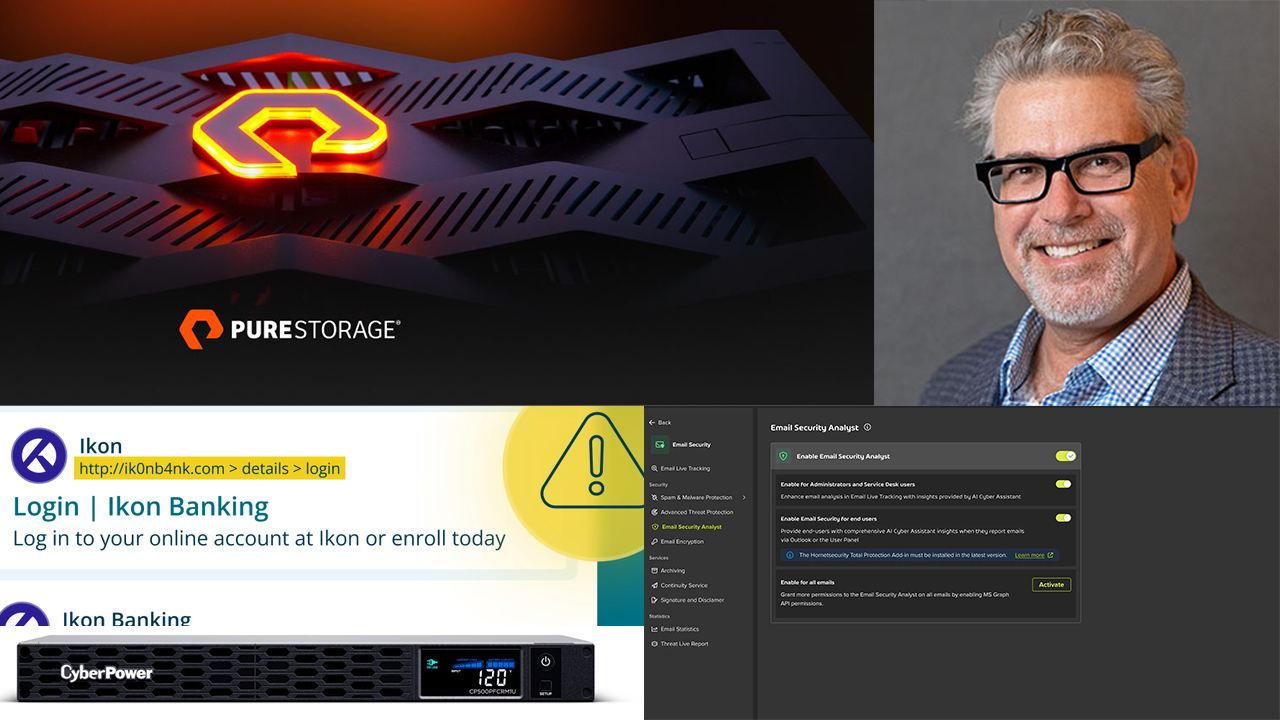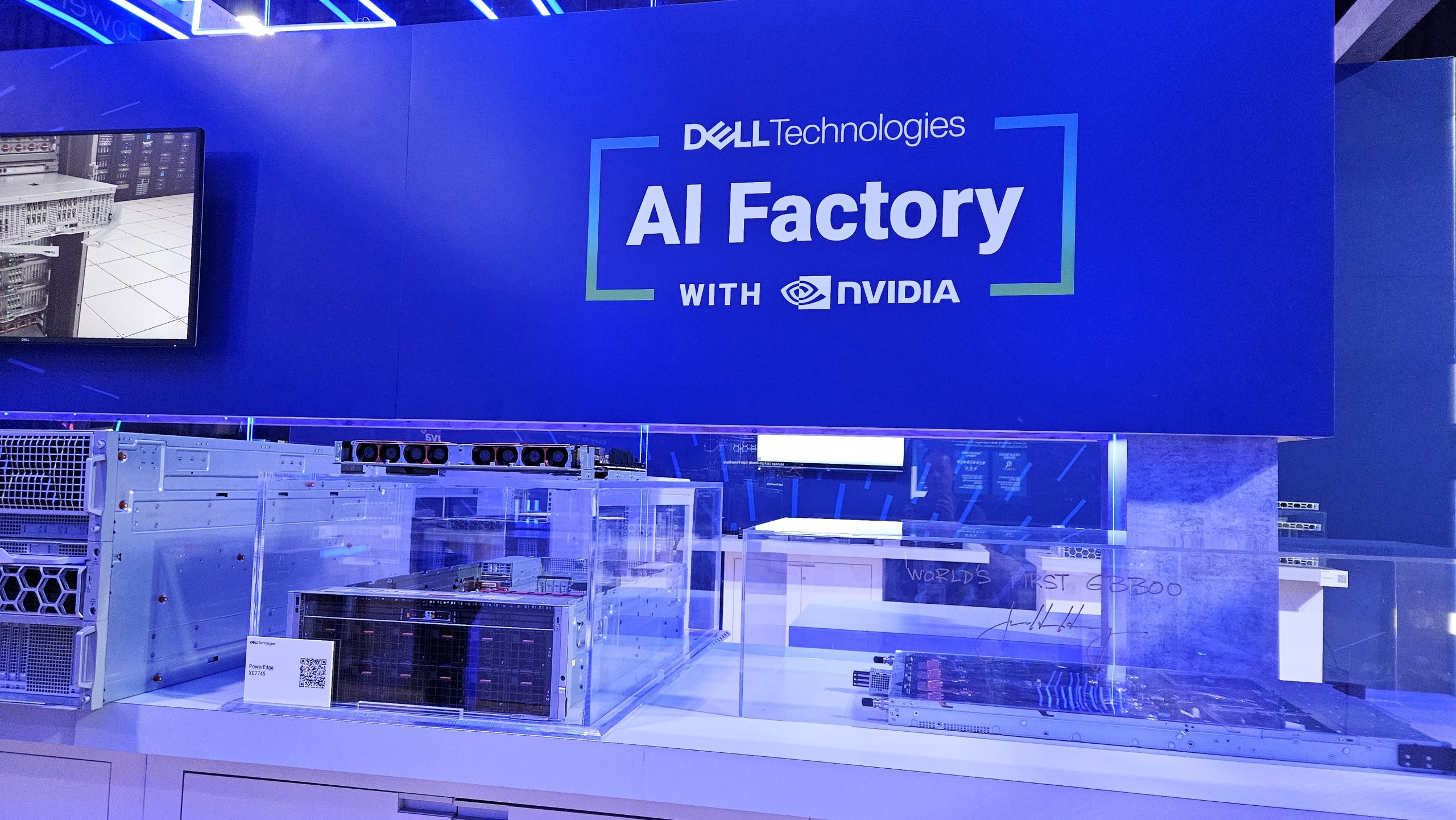In these post-recession days, people are still taking a close look at their budgets and cutting costs where they can. A common place to cut costs is to purchase refurbished or used IT hardware from certified outlets. Is this risky for your customers? And who does this really benefit?
This is a particularly cost-saving move for SMBs. Let’s say an SMB purchased Nortel phones for the offices back in 2003. But Avaya just acquired Nortel, so if an SMB wants to continue to use Nortel phones, tough luck – time to switch to Avaya.
Not so, says Frank Kobuszewski, vice president of Technology Solutions Group at CXtec.
“Nortel has a huge data networking footprint out there and a huge voice network out there, and those customers are left in the lurch of how to support the current infrastructure,” he says. “We offer guaranteed next business day programs for customers left out in the cold [by deals like this], and we offer options to let them upgrade.”
There are also verticals that would find used or refurbished IT gear to be particularly attractive, such as healthcare. Small physicians’ practices or rural hospitals often have the least money to work with when implementing IT, and will cut costs where they can, particularly if cutting costs won’t mean diminished quality. Rural hospitals will also often have older hardware, meaning a vendor that may or may not have been acquired. Kobuszewski cites the example of HP’s acquisition of 3Com last year, meaning 3Com switches from here on out are being rebranded as HP. For a healthcare customer accustomed to using 3Com switches, the hardware could be in short supply.
Other SMB industries that would benefit from refurbished gear include law firms and manufacturing, according to Mike Sheldon, CEO of Network Hardware Resale (NHR). Law firms find themselves in the same situation as small healthcare providers, where the IT budget is not necessarily huge but data security is extremely important and federally regulated.
Besides finding many customers in these particular verticals, sometimes the marketplace can be hostile to customers looking to buy from particular vendors and make these customers eager to buy refurbished. Cisco, for example, has had serious supply chain shortages and issues over the past couple of years.
“The manufacturers have not helped themselves, and helped us by suffering a number of supply chain shortages and constraints,” says Sheldon. †While things have begun to normalize for companies like Cisco, supply chain issues are never going to go away completely for major vendors.
But make sure that if you choose to go the refurbished route, you are dealing with a certified dealer and not black market materials. If you go to eBay and search for used Cisco gear, and you’ll find plenty of unauthorized deals. Kobuszewski recommends ensuring that the refurbished equipment seller is ISO 9000 certified, and he maintains that CXtec’s transparency and program help build a solid reputation for the company.
For example, CXtec includes a video tour on their site for customers to see how the 72,000 square foot facility works and maintains product quality with counterfeit product checkpoints and upholding different technology standards.
“There are tenets that you can build into a program so that people know that they are buying from a reputable company,” says Kobuszewski.
The bottom line is that this is a choice for anyone who wants to save money for their customers and also gain that “trusted advisor” status that IT service providers aim to reach.
“What we recommend to our customers and what we hope people begin to adopt is a strategy of buying what you need when it’s most appropriate,” says Sheldon. “Just adding a company like NHR to your supply chain, quoting us where appropriate, and blending the best aspects of new equipment and secondary equipment can save you [and your customers] double digit percentages.”











